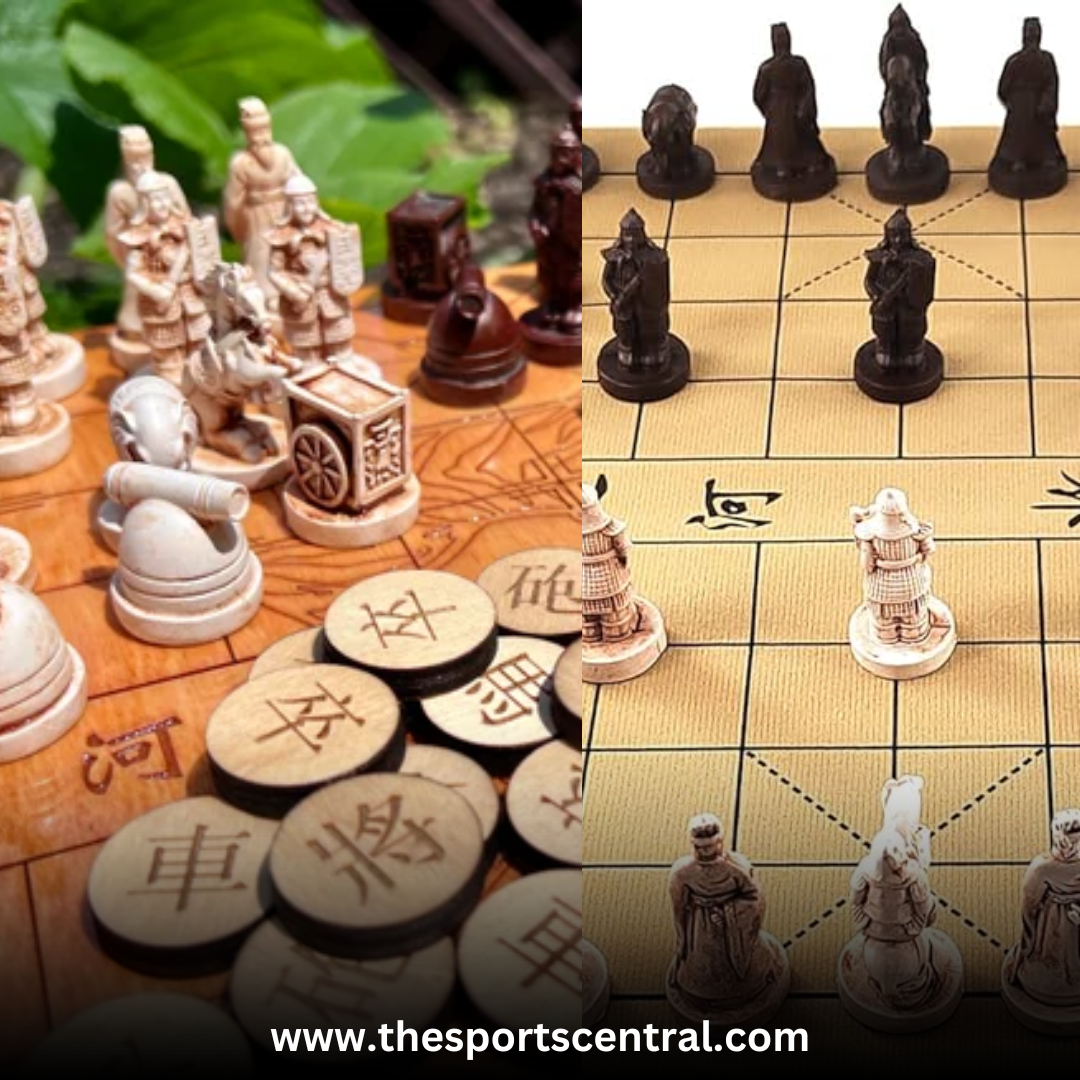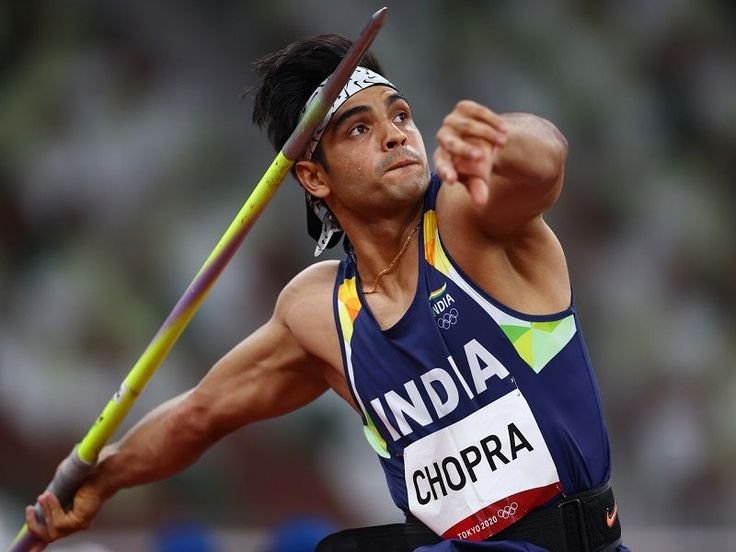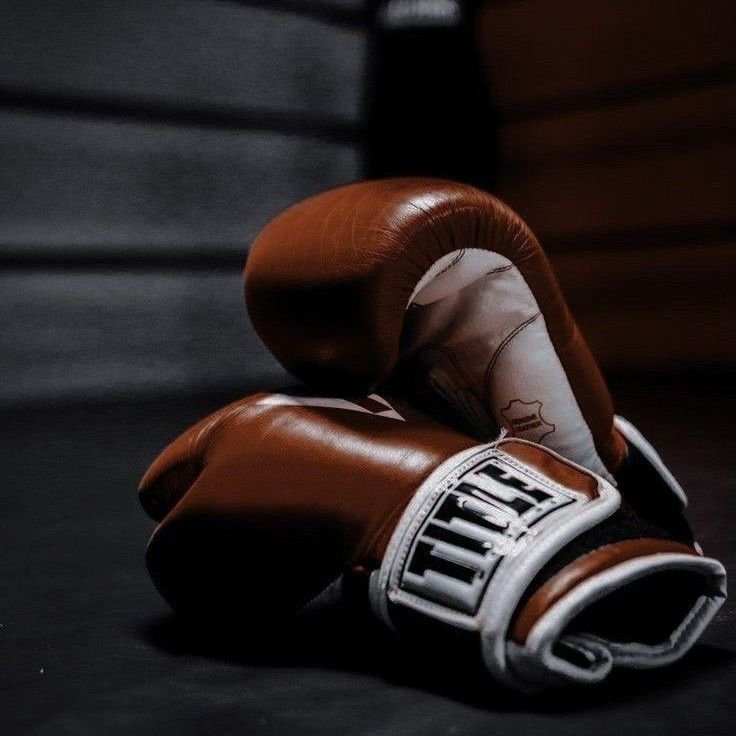The world of Chinese chess, also known as Xiangqi, has been shaken by an unprecedented cheating scandal that has tarnished the reputation of one of China’s most cherished traditional games. The scandal has resulted in lifetime bans for several top players, raising questions about the integrity and future of the sport.
Xiangqi: A Cultural Cornerstone
Xiangqi, often referred to as “Chinese chess,” is a centuries-old board game integral to Chinese culture. Played widely across the country, it is both a pastime and a professional sport, with top players revered as celebrities. Its deep-rooted significance has made the recent revelations of corruption particularly disheartening, casting a shadow over a game that has symbolized strategy, intelligence, and tradition for generations.
The Scandal Unfolds: Recording Gate
The scandal erupted in September with the release of audio recordings that came to be known as “Recording Gate.” The leaked clips, totaling 12 minutes, revealed damning discussions about match-fixing between two prominent players, Wang Yuefei and Hao Jichao. In one clip, Yuefei warns Hao, “Never mention his name on the phone! Remember!”—a veiled reference to Wang Tianyi, one of the most celebrated players in Xiangqi history.
These recordings triggered an extensive investigation by the Chinese Xiangqi Association (CXA) and law enforcement authorities, uncovering a decade-long pattern of corruption. The investigation revealed that Wang Tianyi, a four-time national champion and three-time world champion, had accepted bribes amounting to 800,000 yuan (approximately $110,000) to manipulate match outcomes.
Lifetime Bans for Top Players
The revelations culminated in the CXA issuing lifetime bans to Wang Yuefei and Wang Tianyi, both of whom had been pivotal figures in the sport. Wang Tianyi, often compared to Magnus Carlsen in terms of dominance, had been the top-ranked Xiangqi player for a decade. Wang Yuefei, a national runner-up and former teammate of Tianyi, was also a well-regarded figure in the Xiangqi community.
But the scandal did not end with these two players. Following a comprehensive investigation, the General Administration of Sport of China announced that a total of 41 players had been penalized for their involvement in match-fixing and bribery. Among those implicated were other prominent figures such as Zhao Xinxin, Wang Yang, and Zheng Weitong, all of whom received lifetime bans and had their titles revoked.
Decade of Corruption Exposed
The investigation uncovered widespread corruption dating back to 2012. Players at all levels of the game were found to have engaged in match-fixing and bribery, often for financial gain or to secure titles and rankings. The manipulation was particularly rampant in games involving commercial clubs, where high-ranking players sought to maintain their status, and lower-ranked players sought to earn more money.
Cai Yi, a former Xiangqi player and lawyer, explained the dynamics: “The huge temptation of benefit for a high-ranking player to maintain his place and for a lower-ranked player to earn more money was too big to refuse sometimes in a game, especially between commercial clubs.”
Impact on the Sport
The scandal has not only sullied the reputation of individual players but has also cast a pall over the entire Xiangqi community. For over a decade, illegal activities such as match manipulation, unfair prize distribution, and biased player promotions have hindered the healthy development of the sport. According to Gai Hongyan, Deputy Director of the Administrative Center and Secretary of the Disciplinary Committee, these activities have eroded trust in the game’s integrity and fairness.
The revelations have sparked widespread outrage among fans and players alike, many of whom feel betrayed by the corruption that has tainted their beloved game. The scandal also raises broader concerns about the governance and oversight of professional Xiangqi.
Parallels with International Chess
The Xiangqi scandal mirrors issues that have plagued the broader chess world. Match-fixing, pre-arranged games, and rumors of bribery have long been whispered about in traditional chess, particularly in the context of securing titles like Grandmaster (GM) or International Master (IM) or winning significant cash prizes.
In recent years, cheating cases involving the use of computer software during games have become a growing concern. One of the most high-profile cases involved Ukrainian-born Romanian GM Kirill Shevchenko, who is currently under investigation by FIDE after a phone was discovered in a bathroom during a tournament in Spain.
While the methods of cheating differ between Xiangqi and traditional chess, the underlying issues of integrity and governance remain strikingly similar.
Reforms and the Path Forward
In response to the scandal, the CXA and other governing bodies have vowed to implement stricter measures to prevent future incidents. These measures include:
- Enhanced Monitoring: Increased scrutiny of tournaments and player activities to detect and deter cheating.
- Transparency: Greater transparency in prize distribution, player promotions, and match results to restore trust.
- Education and Training: Programs to educate players about the importance of integrity and the consequences of unethical behavior.
- Penalties: Harsh penalties, such as lifetime bans, to serve as a deterrent for would-be cheaters.
The General Administration of Sport of China has also emphasized the need for long-term reforms to ensure the healthy development of Xiangqi.
Public Reaction and Cultural Impact
The scandal has sparked intense debate in China about the cultural and ethical implications of corruption in Xiangqi. Many see the game as a symbol of Chinese heritage and strategic prowess, and the revelations of widespread cheating have been deeply disheartening.
For fans, the scandal represents a betrayal of the values that Xiangqi is supposed to embody. For players, it serves as a stark reminder of the importance of integrity and fair play.
Looking Ahead
Despite the scandal, there is hope that Xiangqi can emerge stronger. The exposure of corruption, while painful, provides an opportunity to rebuild the sport on a foundation of transparency and accountability. By addressing systemic issues and fostering a culture of integrity, the Xiangqi community can restore its reputation and continue to inspire players and fans for generations to come.
As Gai Hongyan aptly stated, “For over a decade, such illegal activities have been hampering the healthy development of the sport.” It is now up to the governing bodies, players, and fans to ensure that Xiangqi moves forward with renewed purpose and integrity.
Conclusion
The cheating scandal in Xiangqi has rocked the foundations of one of China’s most cherished traditional games. With lifetime bans issued to some of the sport’s most celebrated players, the revelations serve as a sobering reminder of the consequences of corruption. However, they also present an opportunity for reform and renewal. By implementing stricter measures and fostering a culture of integrity, Xiangqi can reclaim its place as a symbol of strategy, intelligence, and fair play.









